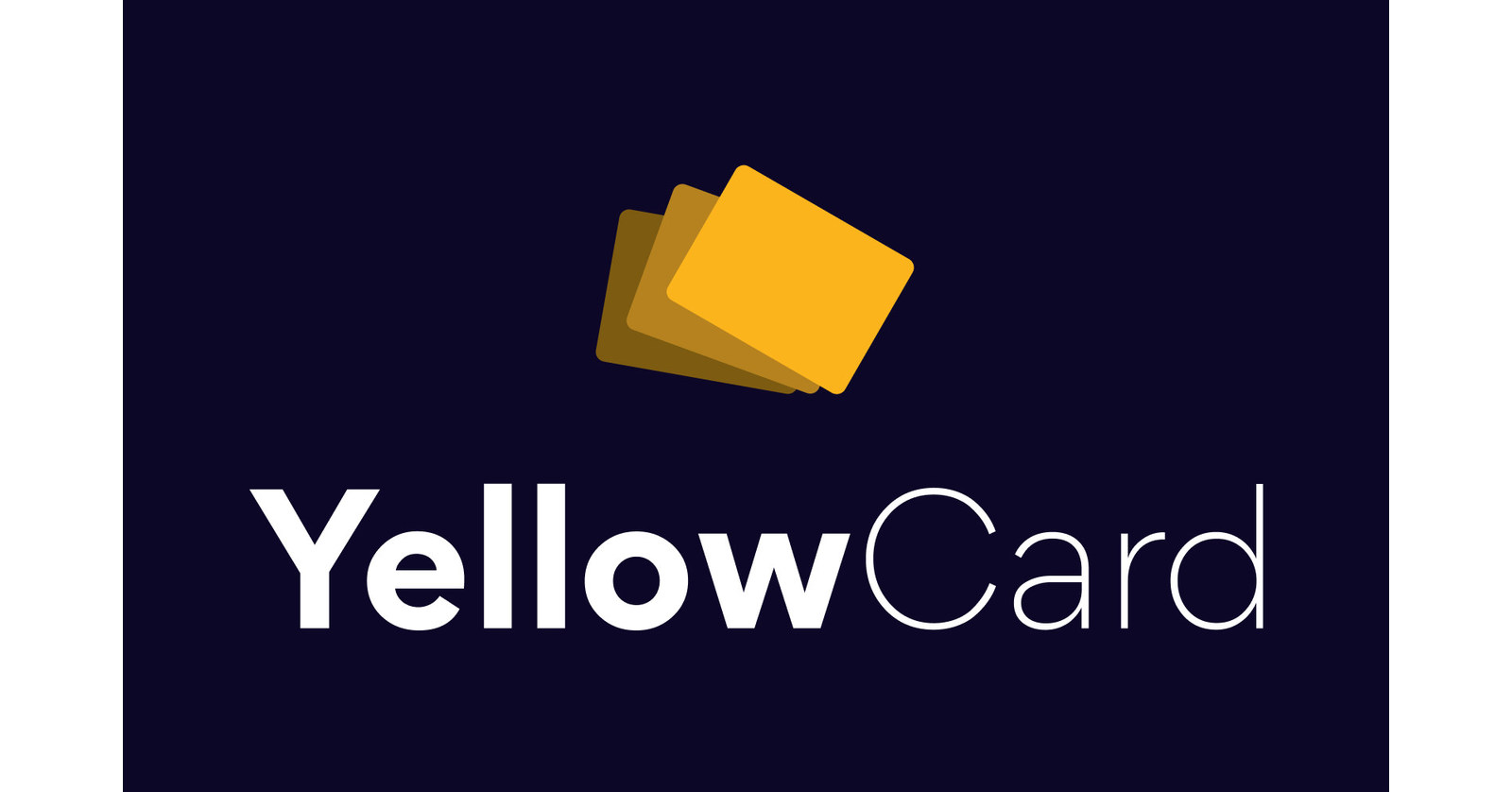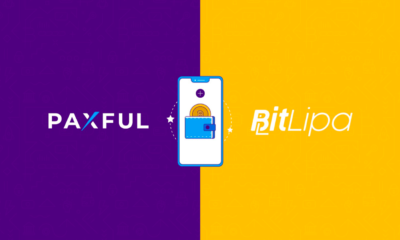In this week’s news roundup, you will read about the issuance of the first-ever African Virtual Asset License to a crypto exchange by an African country, Hulk Labs’ new milestone that has seen them successfully onboard more than 1,000 players into its network with a key focus on Africa, and more.
Yellow Card Awarded First-Ever African Virtual Asset License in Botswana
Yellow Card, a Pan-African digital currency leader, has been granted a Virtual Asset Service Provider (VASP) license to operate in Botswana.
 The license was issued by the Non-Bank Financial Institutions Regulatory Authority (NBFIRA) last month in accordance with Section 11 of the Virtual Asset Act 2022 and will become the standard for crypto operations in Botswana and will enable the firm to expand its services to banking institutions and payment partners across the African continent.
The license was issued by the Non-Bank Financial Institutions Regulatory Authority (NBFIRA) last month in accordance with Section 11 of the Virtual Asset Act 2022 and will become the standard for crypto operations in Botswana and will enable the firm to expand its services to banking institutions and payment partners across the African continent.
Speaking about the license, the CEO and Co-Founder of Yellow Card, Chris Maurice, said that the issuance of the license was a monumental moment not just for the company but for its customers, investors, and the whole crypto industry.
He went on to add, “This opens up greater channels of expansion with regards to payment partners, banking, and expanding our client base across Africa. This will further show regulators in other markets that we are not just any other cryptocurrency company – we are pioneering, pushing boundaries, and setting the standard. All the more reason for them to work together with us as well.”
With the new license, the future of cryptocurrency trading and other digital tokens looks promising for users in the Southern African country as users will be able to buy and sell Bitcoin, Ethereum, and USDT using the Botswana Pula at the best market rates.
Tokens.com Subsidiary Successfully Integrates Over 1,000 African Players Into its Network
Hulk Labs, a subsidiary of Tokens.com that aims to make strategic investments in upcoming play-to-earn (P2E) games and utility-driven non-fungible tokens (NFTs), has announced the successful integration of more than 1,000 African P2E players into its network.
The firm, which had initially allocated more than $100,000 into gaming assets that have been deployed to different players across Africa with the specific focus being the Democratic Republic of Congo (DRC), Tanzania, and South Africa, is expected to onboard more players each month and deploy additional capital as it strives to reach 10,000 players by the end of 2023.
Speaking about the milestone, Andrew Kiguel, CEO of Tokens.com said, “Hulk Labs has grown exponentially since its launch earlier this year and has sights on becoming one of the largest gaming guilds in the world. Our partnerships in Africa successfully created new income opportunities leveraging the blockchain. We will continue to forge the business ahead and will be well equipped for when the crypto markets turn.”
50 African Tech Founders Form Partnership Through Pando DAO to Boost Africa’s Startup Ecosystem
Pando DAO, a decentralized autonomous organization, has officially launched with the goal of growing the African startup ecosystem as well as driving development across the continent.
The organization is a collaboration of over 50 African founders and early innovators from across Africa in different fields who collectively represent companies that have been valued at more than $2 billion and raised over $500 million in capital.
Members of the Pando DAO community will be able to ming and hold a Pando membership non-fungible token (NFT) and a $SPANDO governance token which will be dropped to the wallets of new members. Additionally, members holding the governance token will be able to use the same for proposal voting.
Membership to the Pando DAO community is open to African founders who have managed to raise over $2 million, as indicated on the website.
To learn more about Bitcoin, download the Bitcoin Beginner’s Handbook for free.


 News1 year ago
News1 year ago
 News2 years ago
News2 years ago
 News3 years ago
News3 years ago
 News2 years ago
News2 years ago
 News2 years ago
News2 years ago
 Sponsored Posts3 years ago
Sponsored Posts3 years ago
 News2 years ago
News2 years ago
 News2 years ago
News2 years ago

 The license was issued by the Non-Bank Financial Institutions Regulatory Authority (NBFIRA) last month in accordance with Section 11 of the Virtual Asset Act 2022 and will become the standard for crypto operations in Botswana and will enable the firm to expand its services to banking institutions and payment partners across the African continent.
The license was issued by the Non-Bank Financial Institutions Regulatory Authority (NBFIRA) last month in accordance with Section 11 of the Virtual Asset Act 2022 and will become the standard for crypto operations in Botswana and will enable the firm to expand its services to banking institutions and payment partners across the African continent. 












 Central African Republic (CAR) has set up a 15-member committee that will be responsible for developing a bill on the use of cryptocurrencies and tokenization in the region.
Central African Republic (CAR) has set up a 15-member committee that will be responsible for developing a bill on the use of cryptocurrencies and tokenization in the region.







